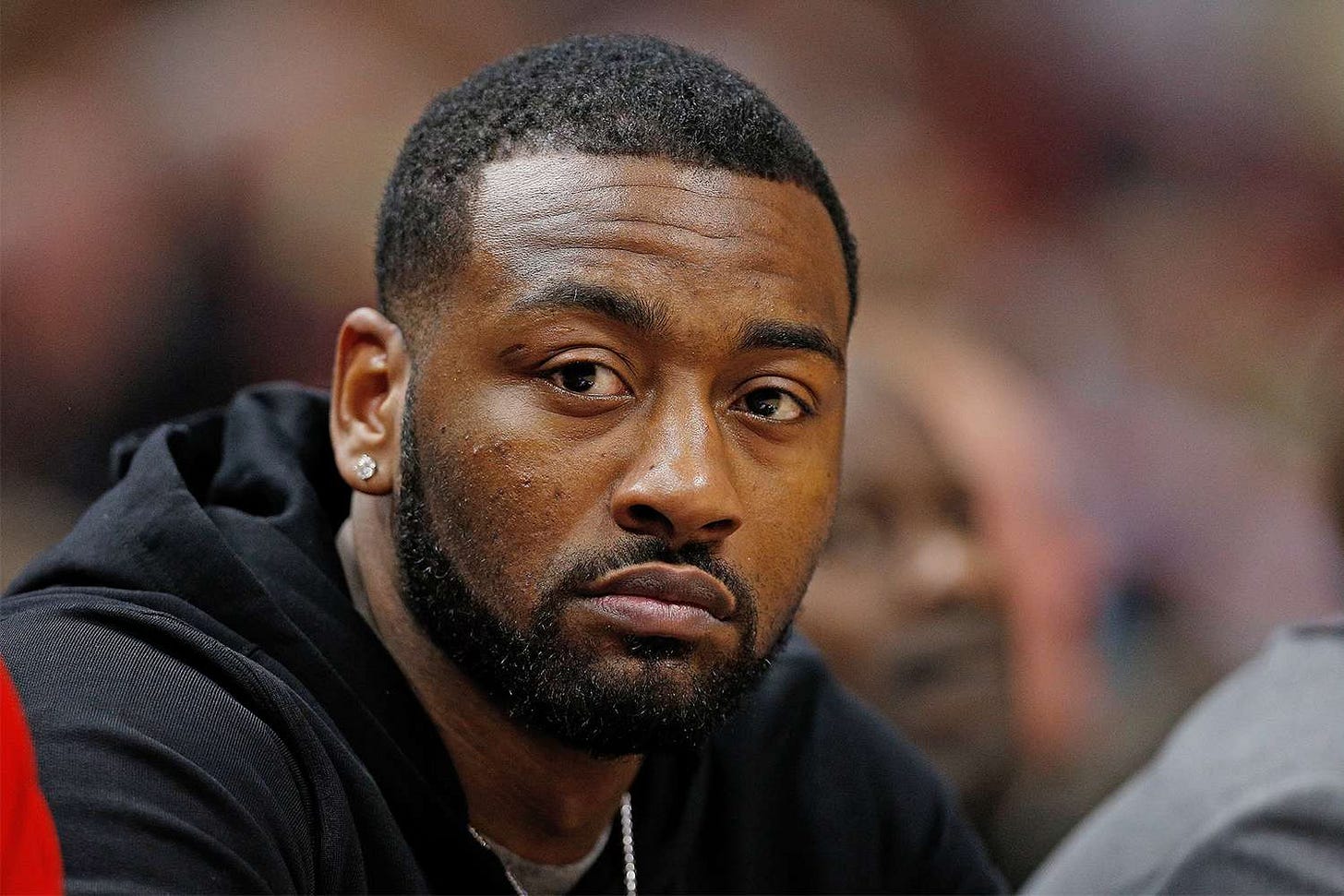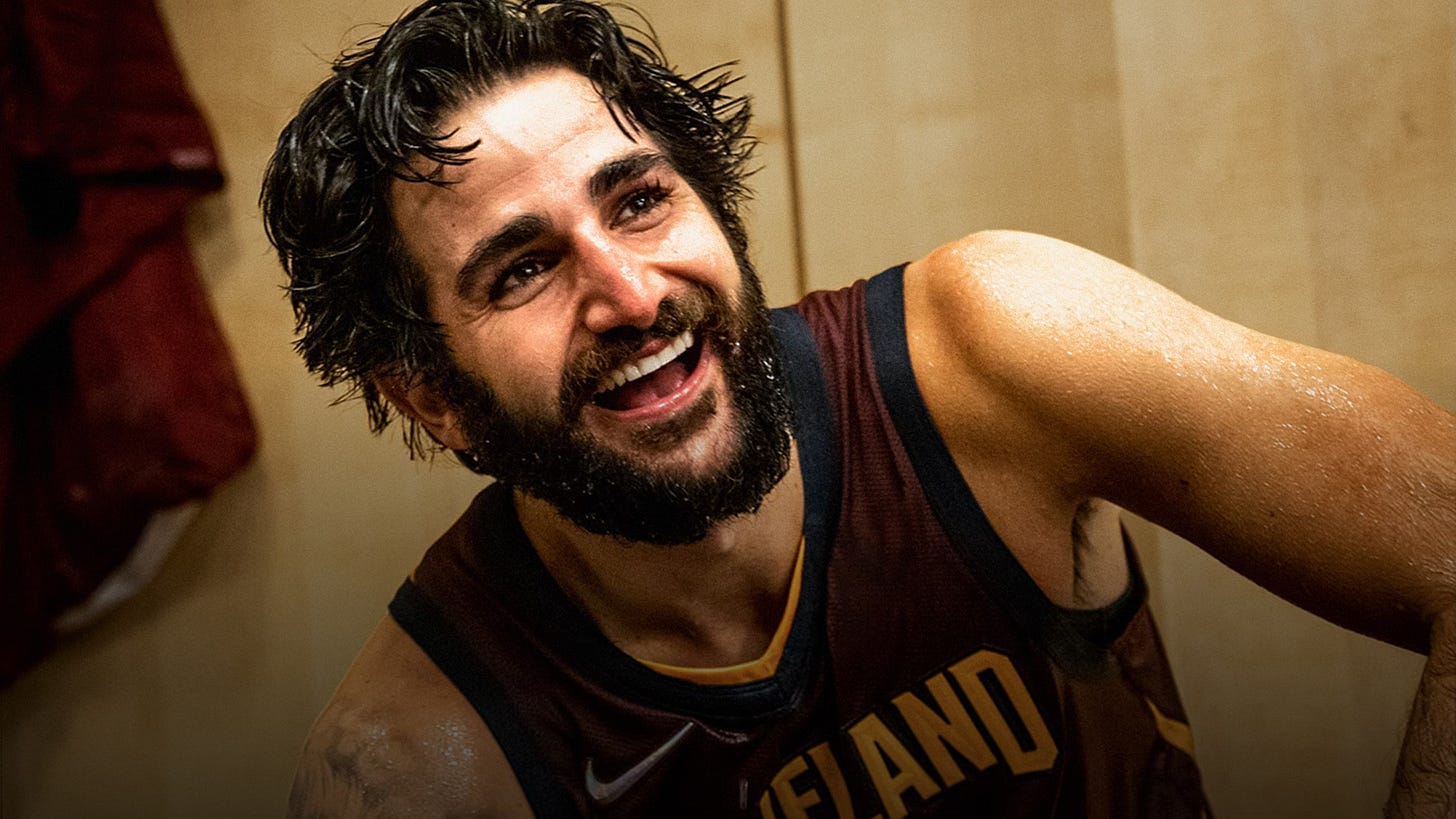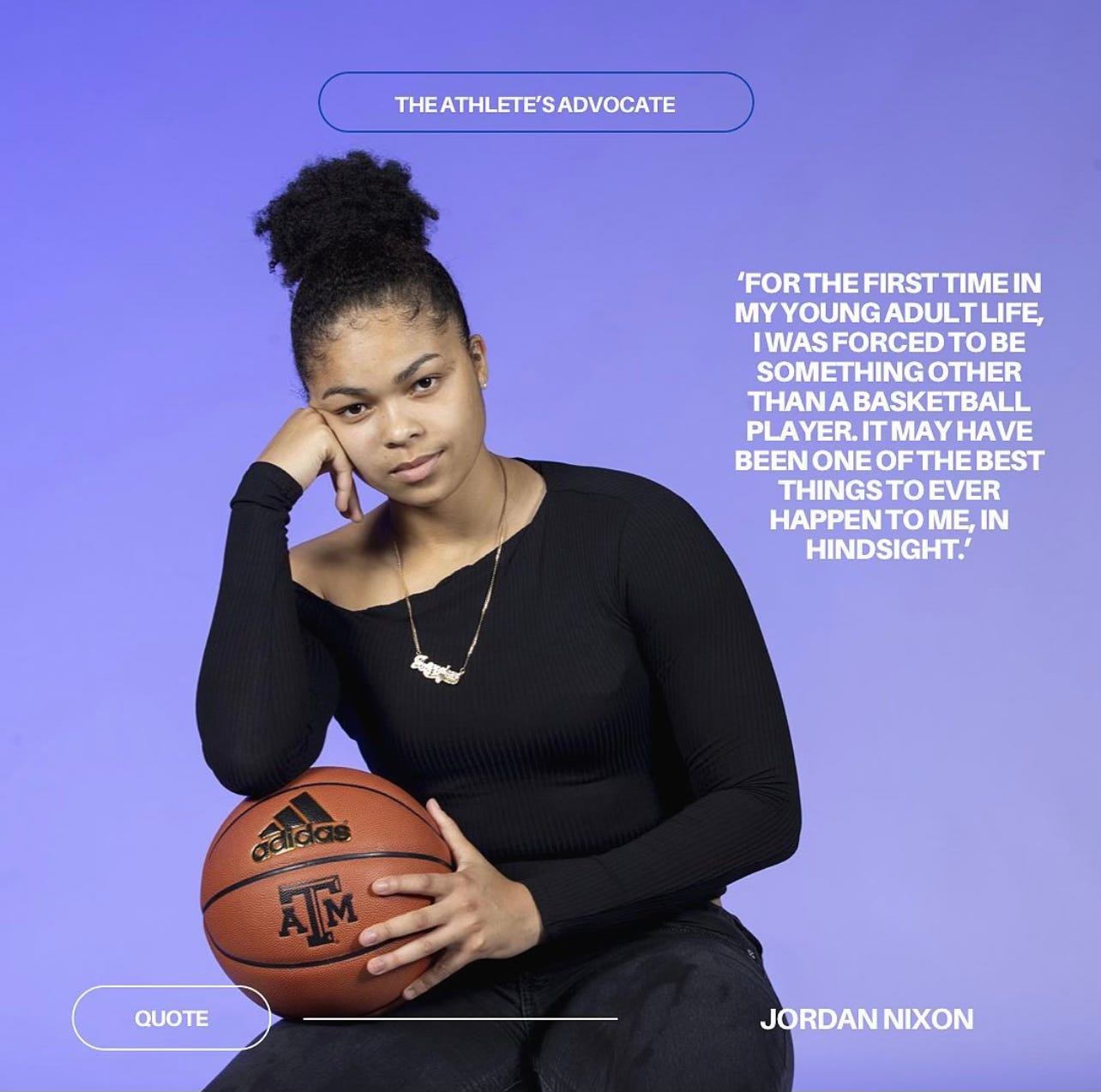“Bro, how the hell can you have all that money and be depressed? you’re John Wall.”
When it comes to mental health, no one is exempt.
Within the glitter of sports, where accolades and achievements often take center stage lies a profound and often overlooked reality: the silent suffering of athletes battling mental challenges. Amid the pressures to perform, injuries, personal lives, and the fear of judgment, athletes grapple with a multitude of stressors. Their inner battles often remaining unaddressed and obscured from public view.
Two years ago, NBA Clippers point guard John Wall broke his silence with a raw article penned for The Players’ Tribune entitled, ‘I’m still here’, in which he courageously shared his harrowing struggles including contemplating suicide. In this heartfelt article, Wall discussed in detail the depths of his despair. He acknowledged the dark place he found himself in and insurmountable obstacles. Wall faced challenges like losing his mother to cancer, rupturing his achilles tendon, and being traded from the Washington Wizards.
What Wall’s revelation underscores is the universality of mental health challenges - they transcend the boundaries of fame, fortune, and success. He challenged the notion that athletes, particularly those in the limelight, are immune to such struggles. It forces us to confront the reality that behind the glitz and glamour, athletes are vulnerable human beings grappling with profound emotional battles just like anyone else.
“And listen, I know how fortunate I am. I know what it’s like to be hungry. All I can tell you is that when I was in my darkest moments, the money and the fame were the furthest things from my mind. Money and fame don’t mean sh*t if you don’t have peace in your life.”
While Wall’s narrative was deeply personal, it also reflects a broader reality faced by many athletes across different sports. Ricky Rubio is another recent, painful example of this. He was a star from youth, beloved by his country of Spain, and experienced success in many way living up to expectations in the NBA. Rubio recently opened up about leaving the Cleveland Cavaliers due to his mental health.
“I’ve always been that guy trying to be positive. but sometimes, it was me lying to myself, saying ‘don’t feel that way’ because it might stop you...eventually, if you lie to yourself , it can catch up in a wrong way, like what happened to m. so be true to yourself.”
The culture of sports often perpetuates the myth that athletes must embody strength and invincibility. It leaves little room for vulnerability and expressions of struggle. This can and has created a toxic environment where athletes feel compelled to hide their mental health challenges, fearing judgment, weakness, or repercussions if they speak out.
However, the acts of courage by athletes like John Wall and Ricky Rubio in sharing their mental health struggles have had a profound impact on the sports community. Their willingness to open up about their experiences has not only shed light on the prevalence of mental health issues in sports but also inspired others to follow suit.
This ripple effect extends beyond the professional realm to include college athletes, such as former Texas A&M women’s basketball player Jordan Nixon.
In 2022, Nixon made the difficult decision to step away from the game she loved. Instead, she opted to prioritize her mental well-being over her athletic career.
“At age 19, on a full scholarship at Texas A&M, one of the best schools in the country, I had enough money in my pocket to DoorDash too much for my own good. I had a clean, ventilated, two-bed, 2.5-bath apartment to call home after classes and time in the Aggies' multimillion-dollar facilities. But while basking in the bliss of my blessings, on a night in October 2019, I pondered potential newspaper headlines about Jordan Nixon, A&M basketball player, being found unresponsive in her apartment. Self-harm, however it manifested itself, was a way for me to legitimize my concealed distress. I intended it to be an outward expression of the casualties of the war going on inside of my head. Admittedly, it was also a desperate countermove for the unrelenting numbness. I survived 100% of my worst days unharmed, and for that, I am proud."
Nixon’s bravery in speaking out about her experiences underscores the importance of de-stigmatizing mental health discussions in sports. By sharing her story, she not only brings attention to the challenges faced by college athletes but also offers hope and encouragement to others who may be grappling with similar issues. Breaking silence paves the way for a more supportive and understanding sports culture - one where athletes feel empowered to prioritize their mental well-being without fear of consequence or harsh judgments.
These inspiring stories by these incredible athletes reminds us of the critical importance of prioritizing mental health support in the world of sports. To truly make a difference, we must take actionable steps to support athletes in navigating their mental health challenges effectively.
These actionable steps include:
Normalizing mental health discussions: Encourage open and honest conversations about mental health in sports, de-stigmatizing seeking help and support.
Providing accessible resources: Ensure that athletes have mental health resources, including counseling services, therapy, and support groups - both Within sports organizations and the broader community. This needs to be more than sugar-coated positions and marketing of athletic programs. It should be top professionals and ideally independent from the organizations and schools that use them.
Educating coaches and staff: Offer training programs to coaches, trainers, and other staff m embers on recognizing the signs of mental health issues and proving appropriate support and referrals. If for no other reasons, coaches and staff do not want to find themselves on the other side of those stories in which they contributed, were responsible for negatively impacting lives.
Promoting self-care practices: Encourage athletes to prioritize self-care practices such as mindfulness and stress management techniques to support their mental well-being.
Create supportive environments: Foster a culture of empathy and support within sports teams and organizations, where athletes feel comfortable discussing their mental health concerns without fear of judgement. Again, do organizations and coaches want to be the ones who are identified as culprits for destroying lives.
By implementing these strategies and continuing advocacy for the mental health of athletes, we can create a culture that prioritizes a holistic well-being and supports athletes in achieving their personal and athletic goals.
As we continue on this journey , let’s remember that every action we take, no matter how small, contributes to building a more compassionate and inclusive sports community.






